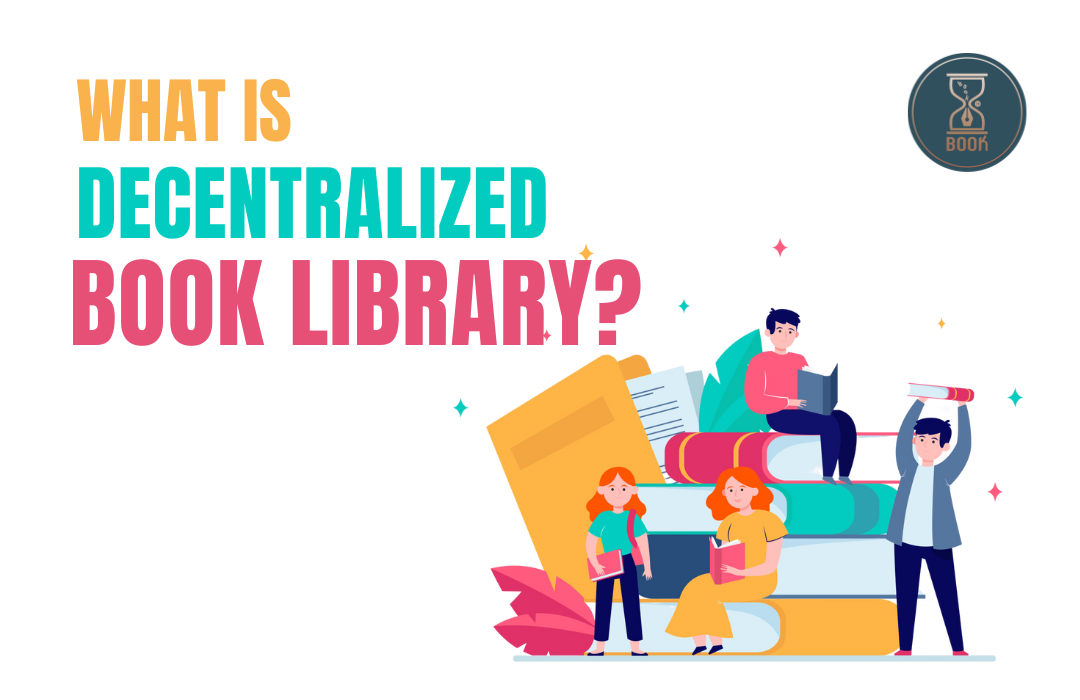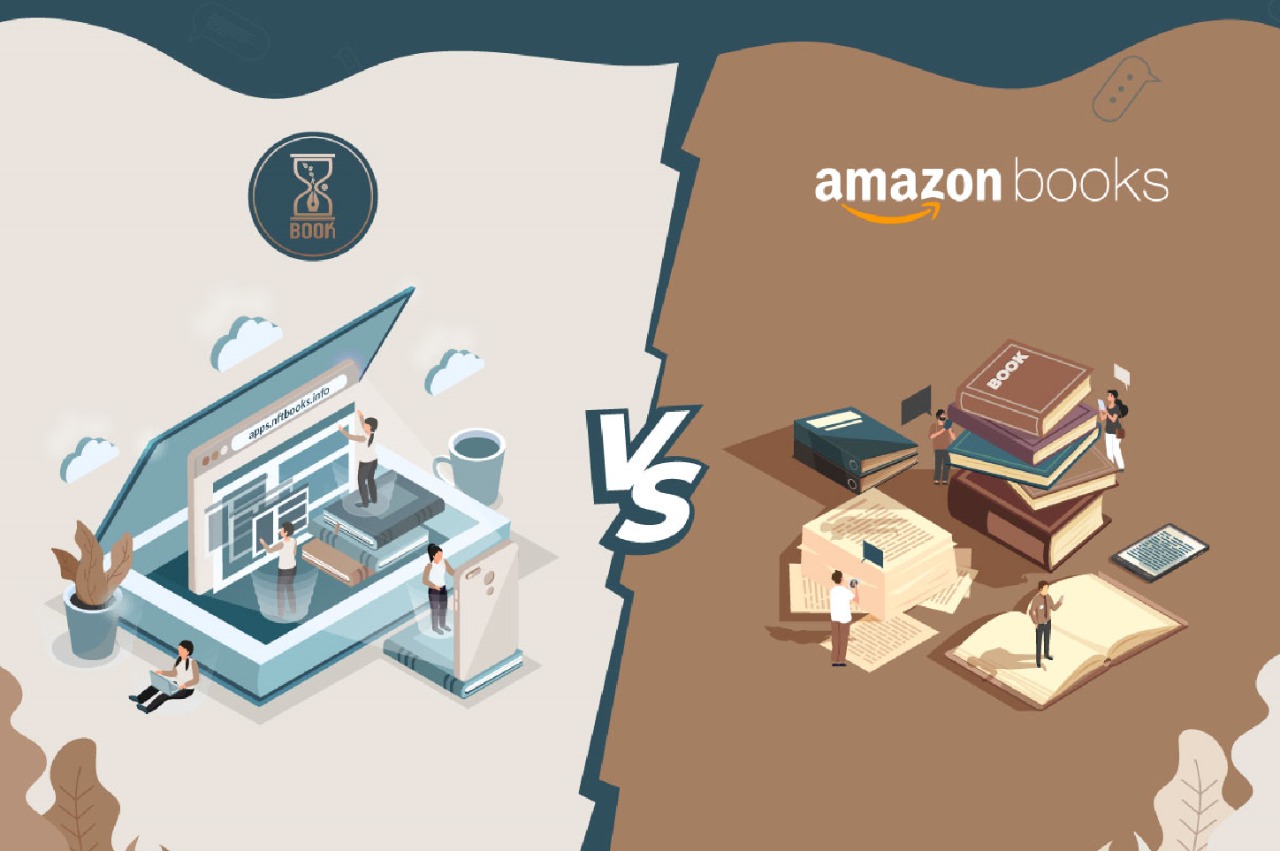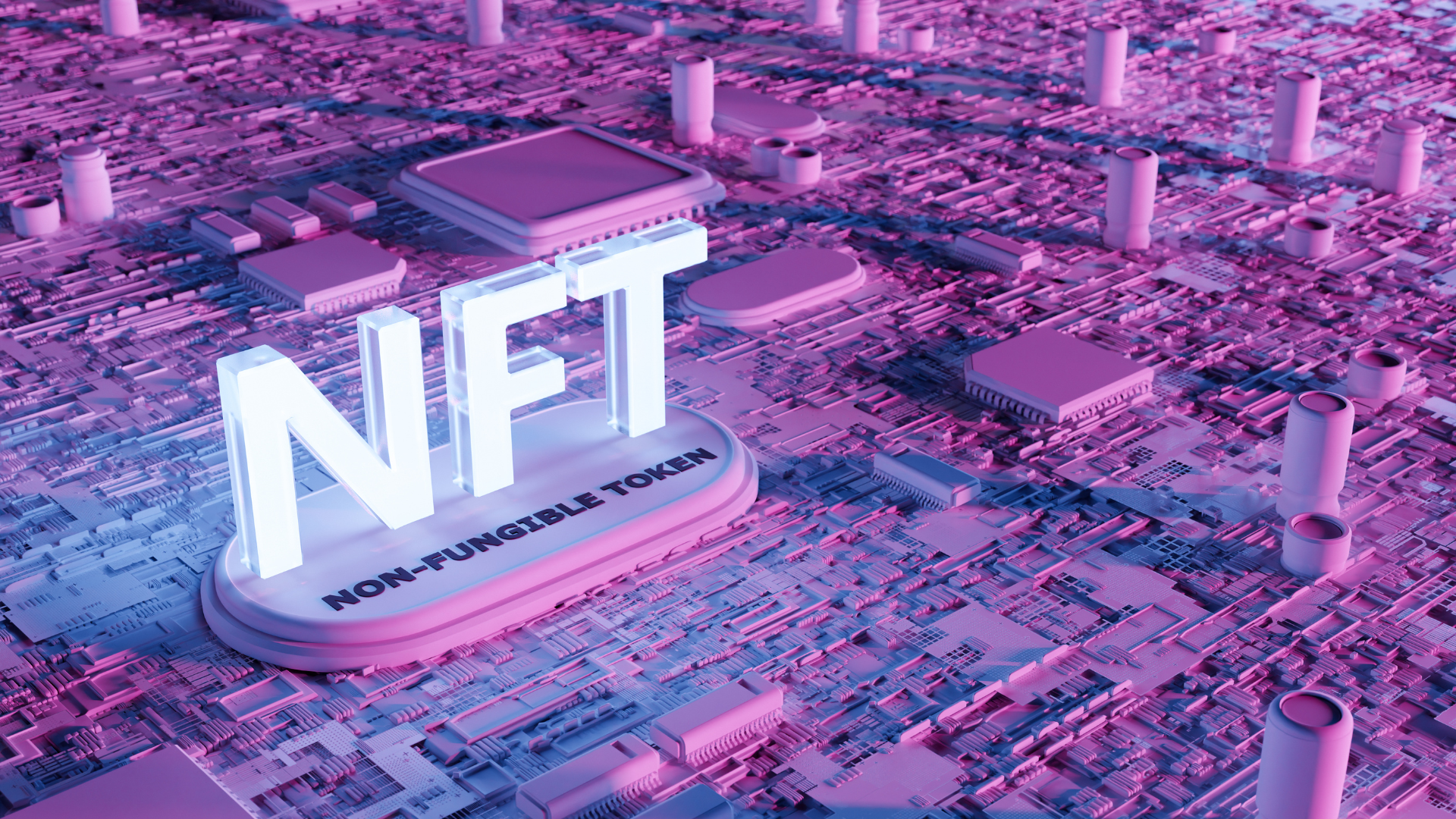In the rapidly evolving digital age, the publishing industry is experiencing significant transformations due to groundbreaking technological advancements. Socii, a leading digital publishing platform, is at the forefront of this evolution. It leverages state-of-the-art technologies such as blockchain integration, NFT encryption, and decentralization. These technologies provide unparalleled benefits to authors and readers. They ensure a secure, transparent, and democratized environment for publishing and consuming content. In this article, we will explore the key technological aspects of Socii, focusing on blockchain integration, NFT encryption, and decentralization.

Blockchain Integration: Securing Copyrights and Transactions
Blockchain technology is a revolutionary innovation that underpins the Socii platform. At its core, a blockchain is a decentralized, immutable ledger that records transactions across a network of computers. This technology provides a secure, transparent, and tamper-proof way to manage digital assets, making it an ideal solution for addressing some of the publishing industry’s long-standing challenges.
One of the most significant issues in digital publishing is protecting intellectual property rights. Traditional methods of copyright protection are often inefficient and vulnerable to infringement and piracy. Socii leverages blockchain technology to tackle this problem by providing a secure framework for copyright management. Every piece of content published on Socii is registered on the blockchain, creating a permanent and unalterable record of authorship and ownership. This not only protects authors’ intellectual property rights but also provides a clear and transparent way to resolve disputes over content ownership.
Moreover, blockchain technology ensures the security of all financial transactions on the platform. Each sale, purchase, or transfer of a book or digital content is recorded on the blockchain, creating an immutable transaction history that is visible to all parties involved. This transparency eliminates the risk of fraud and ensures that authors receive fair compensation for their work. By removing intermediaries, Socii facilitates direct transactions between authors and readers, enhancing trust and efficiency within the ecosystem.
NFT Encryption: Revolutionizing Digital Content Ownership
Non-Fungible Tokens (NFTs) have emerged as a powerful tool for representing digital assets in a unique and verifiable way. Socii employs NFT encryption to convert books and other written content into digital assets that can be bought, sold, and traded on the blockchain. This approach offers several significant advantages for both authors and readers.
NFT encryption allows each book or piece of content to be uniquely identified on the blockchain. Unlike traditional digital files, which can be easily duplicated or pirated, an NFT represents a one-of-a-kind digital asset. This unique identifier ensures that each copy of a book is authentic and that ownership can be traced back to the original creator. For authors, this means a new level of control over their digital content. They can set terms for resale, determine royalty rates, and maintain a share in the value of their work over time.
The concept of perpetual royalties is one of the most groundbreaking aspects of NFT encryption. In traditional publishing, authors typically receive royalties only from the initial sale of their work. However, with NFTs, authors can earn a percentage of the sale price every time their work is resold on the secondary market. This creates a continuous income stream and incentivizes authors to create content that has enduring value. Additionally, readers benefit from this model by gaining true ownership of the digital books they purchase. Unlike conventional eBooks, which are often restricted by digital rights management (DRM) software, NFTs allow readers to resell, lend, or trade their books freely, creating a vibrant secondary market and enhancing the overall reading experience.
Decentralization: Enhancing Security and Promoting Freedom of Speech
A defining feature of Socii is its decentralized nature. Traditional publishing platforms are typically controlled by centralized entities, which can lead to issues such as censorship, data breaches, and monopolistic practices. In contrast, Socii operates on a decentralized network, which distributes control across multiple nodes, enhancing both security and freedom of expression.
Decentralization ensures that there is no single point of failure within the Socii platform. Centralized platforms are vulnerable to hacking, data theft, and security breaches. This is because they rely on a single server or a group of servers. A decentralized network, on the other hand, distributes data across multiple nodes. This makes it extremely difficult for malicious actors to compromise the system. The decentralized architecture enhances the security of user data and protects against unauthorized access. It also ensures the platform’s resilience in the face of attacks or technical failures.
Beyond security, decentralization also promotes freedom of speech and expression. Traditional publishers often operate under external influences, such as government regulations, corporate interests, or social biases. This can lead to censorship or suppression of certain types of content.Socii’s decentralized model provides a censorship-resistant environment where authors can publish their work without fear of suppression or interference. This approach ensures that diverse voices and perspectives can be heard, fostering a more inclusive and open literary community.
A Technological Revolution in Publishing
The technological innovations employed by Socii are redefining the future of digital publishing. By integrating blockchain technology, the platform offers robust copyright protection and secure, transparent transactions. NFT encryption introduces new opportunities for digital content ownership and monetization, while decentralization enhances both security and freedom of speech. Together, these technologies create a dynamic and equitable environment that empowers authors, engages readers, and challenges the traditional publishing model.
You may be interested in reading this Exploring New Horizons with Socii for Readers as well.
As the digital landscape continues to evolve, platforms like Socii are leading the way by embracing technological advancements that benefit all stakeholders in the publishing ecosystem. Whether you are an author seeking greater control and fair compensation for your work, or a reader looking for secure, diverse, and censorship-free content, Socii offers a forward-thinking solution that meets the needs of the modern digital age.







